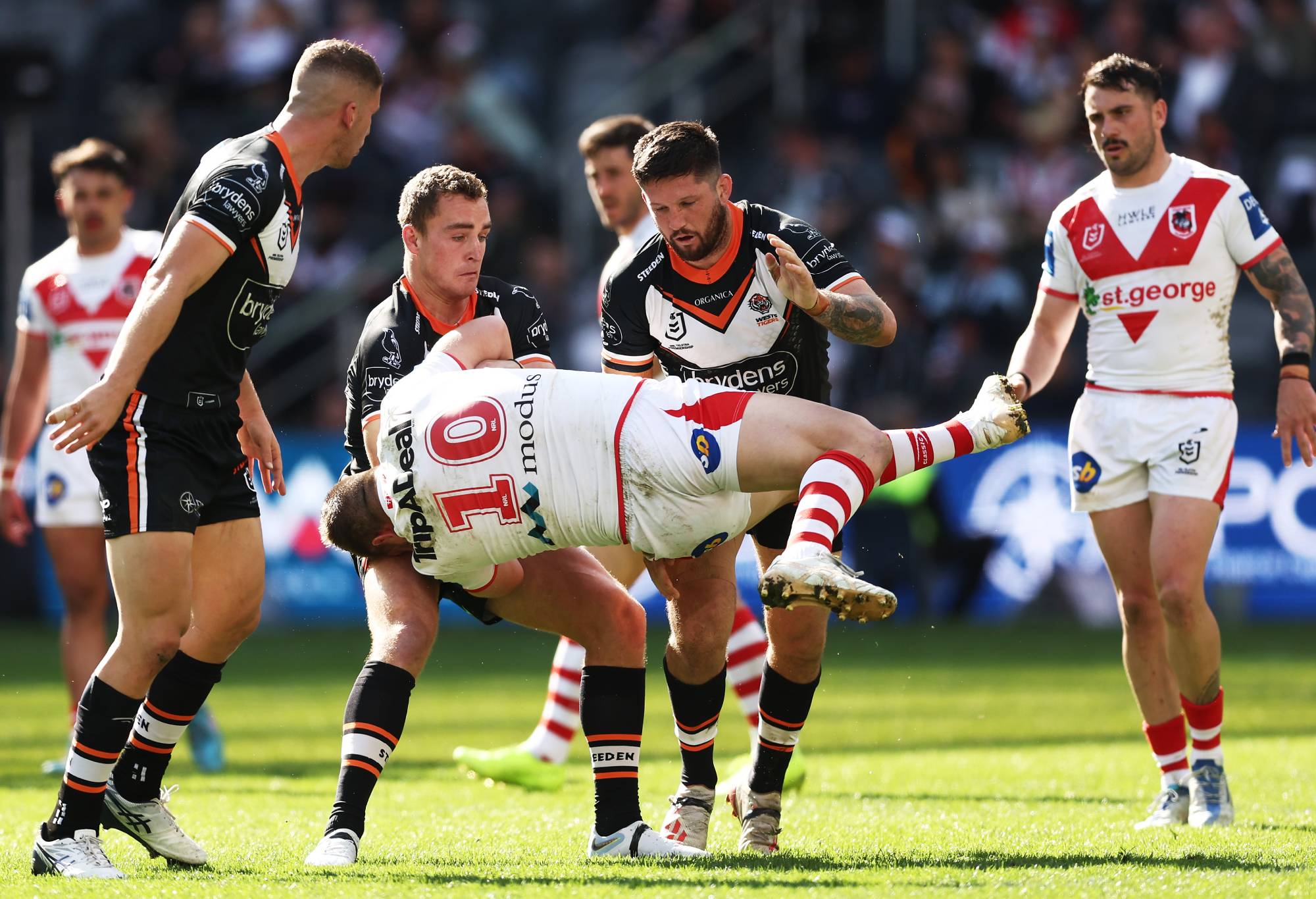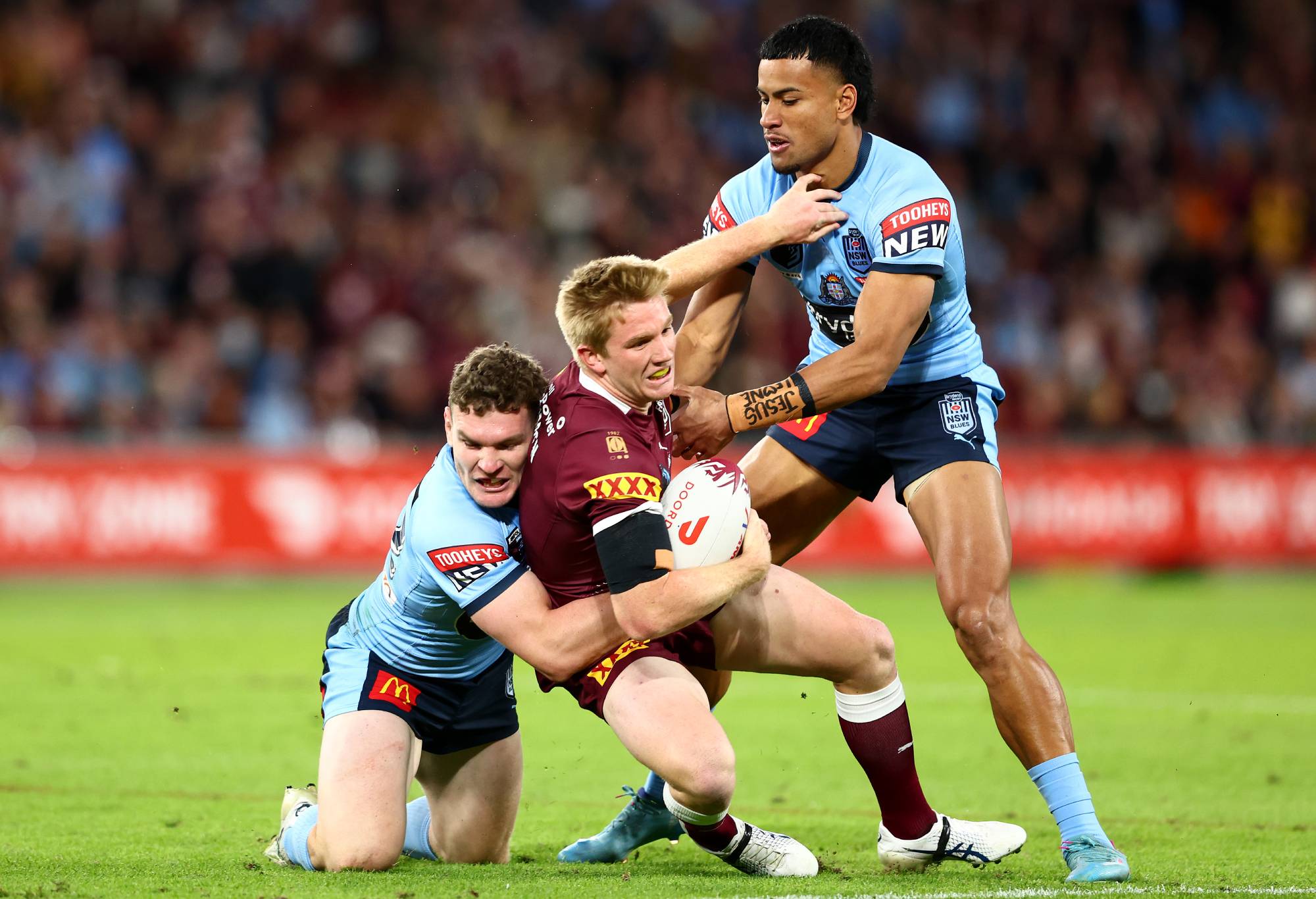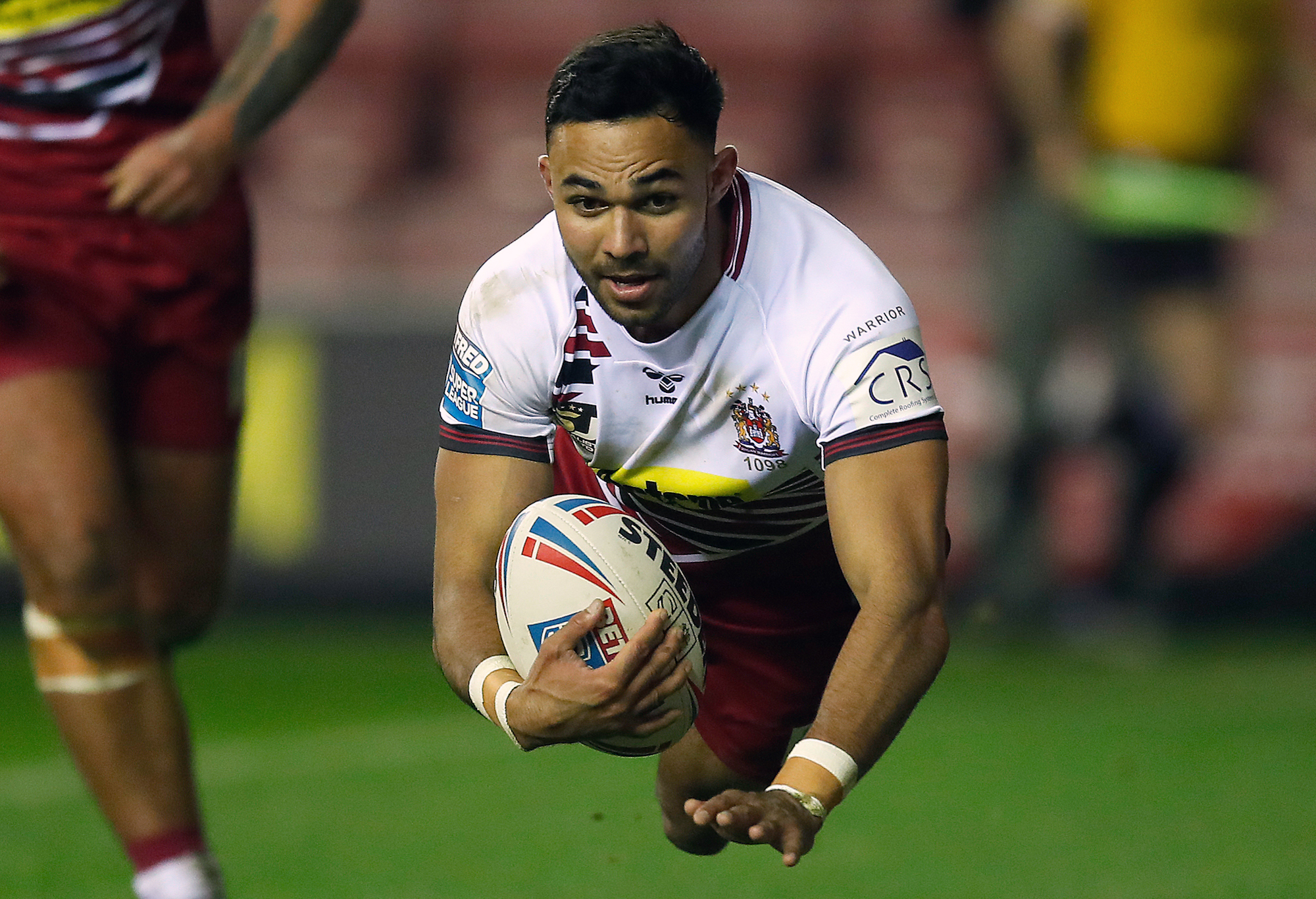
With the introduction of the Dolphins to form a 17-team premiership next year, the NRL has proposed a plan to lengthen the season by a week to 27 rounds but also give each team three byes with their 24 matches.
There will be no mid-season Representative Round with internationals to be played at the end of the season from next year onwards.
Player welfare is on an ongoing problem for league officials with 24 club matches, three Origins, as many as four finals as well as internationals on the agenda for the top-line talent.
So should the NRL stick with the current set-up, shorten the season or make it longer?
The Roar experts have their say and if you’d like to do likewise, fire away in the comments section below.
Experts Roar – Length of the NRL season
Michael Hagan (premiership-winning player and coach)
The NRL season is bordering on the side of being too long. If the competition becomes 27 rounds, including three byes, it will be be four weeks too long for the players and the fans.
Go back to a maximum of 24 rounds plus Origin plus semi-finals.

(Photo by Matt King/Getty Images)
Paul Suttor (Roar expert)
The NRL season is about right as it is – the lunacy of having a 17-team competition should only last for a few years before another team is added, hopefully in Perth or Adelaide.
Stretching the season out an extra week is a sound idea when paired with a third bye for each team. The schedule should be stretched out at the end so the competition runs into the middle of October, rather than starting earlier and earlier with trials, All Stars and World Club Challenge (if that ever gets revived) in February.
Tim Gore (Roar expert)
Just right. If the season was shorter there wouldn’t be enough to satiate the desire of all of us footy fans. Honestly, time drags between the second week of October until the nest March. If summer didn’t happen during that period it would be untenable.
If the season was longer we’d burn players out and see more injuries. While I’d love all year round NRL, it simply isn’t practical.
The representative break week is a good thing, but I don’t want to stretch the season out more by adding extra ones.
AJ Mithen (Roar expert)
The NRL season is at least 5 weeks too long. Want to know why? Take a trip back to August, 2018 when I wrote just that – ….
Ryan O’Connell (Roar expert)
It’s a great question. The last couple of weeks have seen a lot of blowout scores, as teams that are no chance of making the finals have put their pool cue in the rack for the season, and most of the finals-bound teams are ramping things up in preparation for the business end of the competition.
That initially led me to believe that perhaps the season is too long, yet it quickly dawned on me that this scenario would occur irrespective of the length of the season. So I feel like it’s perfect as it is right now.
It certainly shouldn’t be any longer. It’s a full-on, contact sport that demands a lot of the players, physically and mentally. Throw in representative games – especially the State of Origin period – and I think it’s crazy to have a longer season. You’re only going to hurt the ‘product’ by having lower quality game; either through players being tired, or missing games to rest.

(Photo by Chris Hyde/Getty Images)
Mary Konstantopoulos (Ladies Who League)
The season is far too long, with most fans absolutely fatigued by Round 22.
I think there is a real opportunity to consider the calendar properly and consider the timing of the NRL men’s competition and the NRLW and dedicated breaks for State of Origin and also for international fixtures to be a regular feature of the calendar.
Stuart Thomas (Roar expert)
The season should be 29 weeks long. Compromised draws are a blight on modern sport and it mystifies me why they are not given more attention come season’s end when injustices can be identified.
While being aware of the commercial realities of broadcasting contracts and the requirements to play the number of matches agreed to in the terms, a truly fair and equitable NRL competition can only be achieved when 16 home and away rounds are played (Dolphins included), along with three standalone Origin weekends.

(Photo by Bradley Kanaris/Getty Images)
Following that, the first two weekends of finals should be played in a home and away, two-legged format, with total points scored proving the determining factor should the matches be split. That brings the total season length up to 23 weeks to that point.
Preliminary finals would be played across three weekends and in the case of 2-0 results, effectively providing a well-earned bye weekend prior to the Grand Final; a concept used elsewhere and one proven as successful.
The Grand Final would then be played across three weekends, if required, with the final six weeks bringing the total season length to 29 weeks.
Danielle Smith (Roar expert)
Too long. Don’t get me wrong, I could watch footy every day of the week! But, I don’t like that not all teams play each other twice.
With 17 teams next year, start the season a bit later, make it even and have each team play every other team once as well as a bye for 17 rounds, move Origin to the weekend with no regular footy around – 20 weeks of normal footy before the finals.
Joe Frost (Roar expert)
It’s too long. The season can be shortened and by adding more rep games it doesn’t need to sacrifice a large chunk of revenue.
More to the point, fewer games of higher quality should attract a greater audience and thus ensure the NRL can negotiate from a position of strength.
As for conferences? Make it advantageous for teams outside Sydney and we can talk. Until then, it’s a stupid idea.

Bevan French is a star for Wigan. (Photo by Martin Rickett/PA Images via Getty Images)
Mike Meehall Wood (Roar expert)
I come to you from a strange, faraway place. A land of loop fixtures, weekend double headers and early-round cup ties. We do not need more fixtures.
The NRL has about the right amount of fixtures, and could actually have fewer if it had more teams.
It’s quite annoying that not every plays everyone home and away, and that does impact the competition levels (hello, Cowboys), but it’s a lot better than in Super League, where St Helens might play Wigan six times this year.
If the NRL wants more games, it should invest in more teams to even the schedule out – starting with Perth or a second New Zealand side to give them that extra timeslot on a Sunday or Friday night.

Leave a Reply